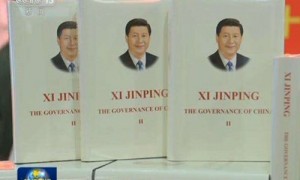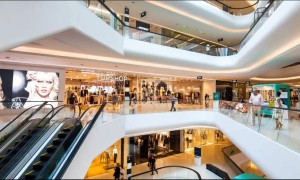Next weekend, leaders of the world's biggest economies will gather in Hangzhou to look at ways to revive the stagnating global economy. But why was Zhejiang's capital chosen as host, instead of more cosmopolitan Chinese cities like Beijing or Shanghai? What gives the city its competitive advantage?
The G20 world leaders meeting, alright, when picking a city to host an event of this magnitude, it is natural to think of China’s first tire cities such as Beijing or Shanghai. But why Hangzhou this time? Well, there are many reasons.
Hangzhou is one of the seven ancient capitals of China. Italian explorer Marco Polo, who supposedly visited Hangzhou in the late 13th century, described the city as the finest and most luxurious in the world.
In terms of natural scenery, Hangzhou, the capital of Zhejiang Province is also breathtakingly beautiful, with many Chinese dubbing it “heaven on earth”. The West Lake, as you can see behind me, is a UNESCO World Heritage Site. The lake is surrounded by natural forests, and is among many sites attracting large numbers of tourists inside and outside China.
The New York Times has selected the city as one of the “41 places in the world worth visiting”, while the Oriental Outlook magazine has consistently rated Hangzhou at the top of the 10 “happiest cities” in China.







